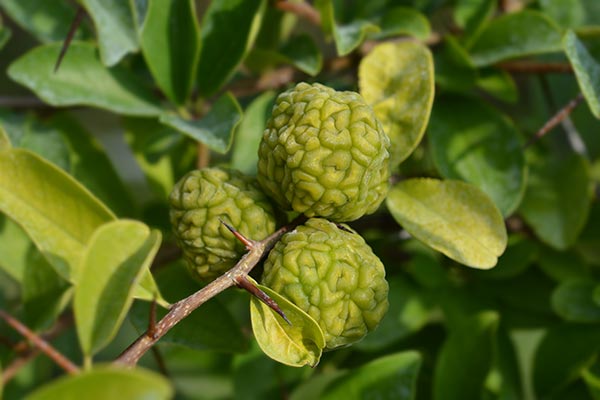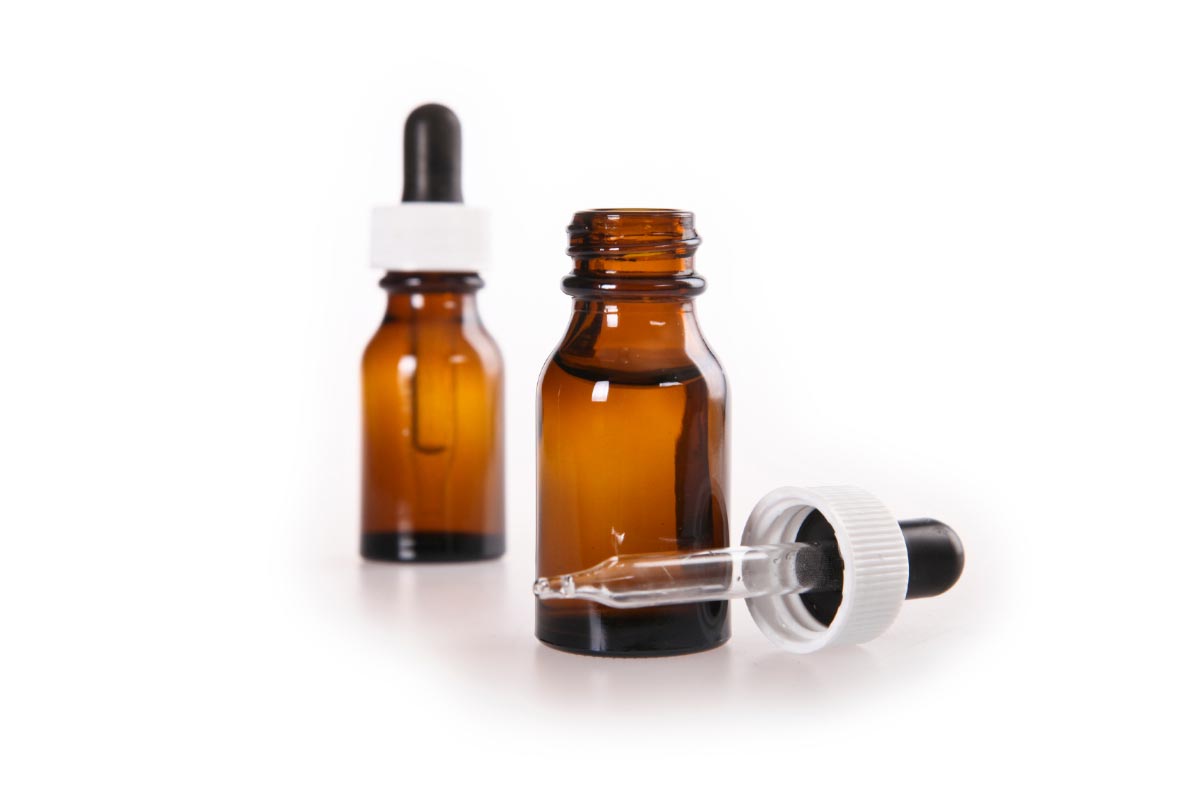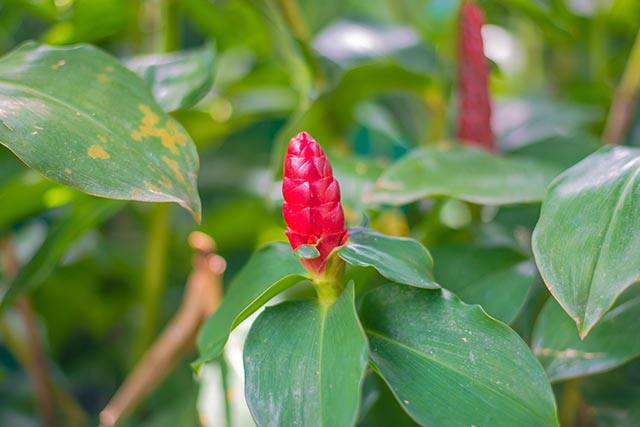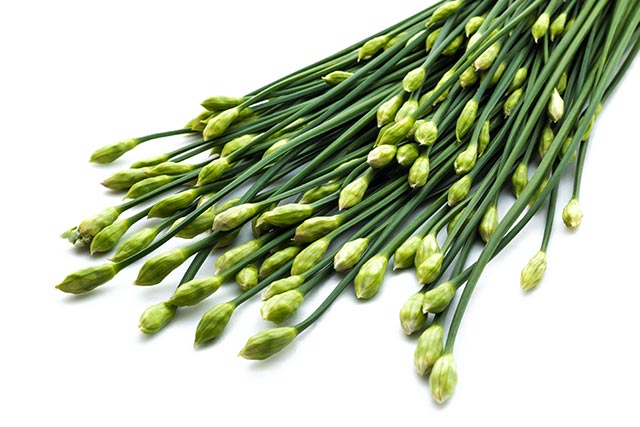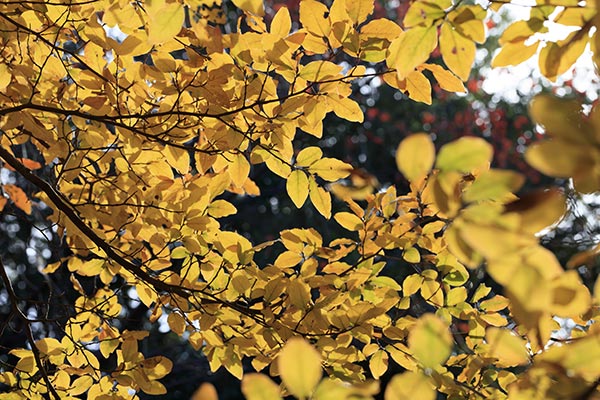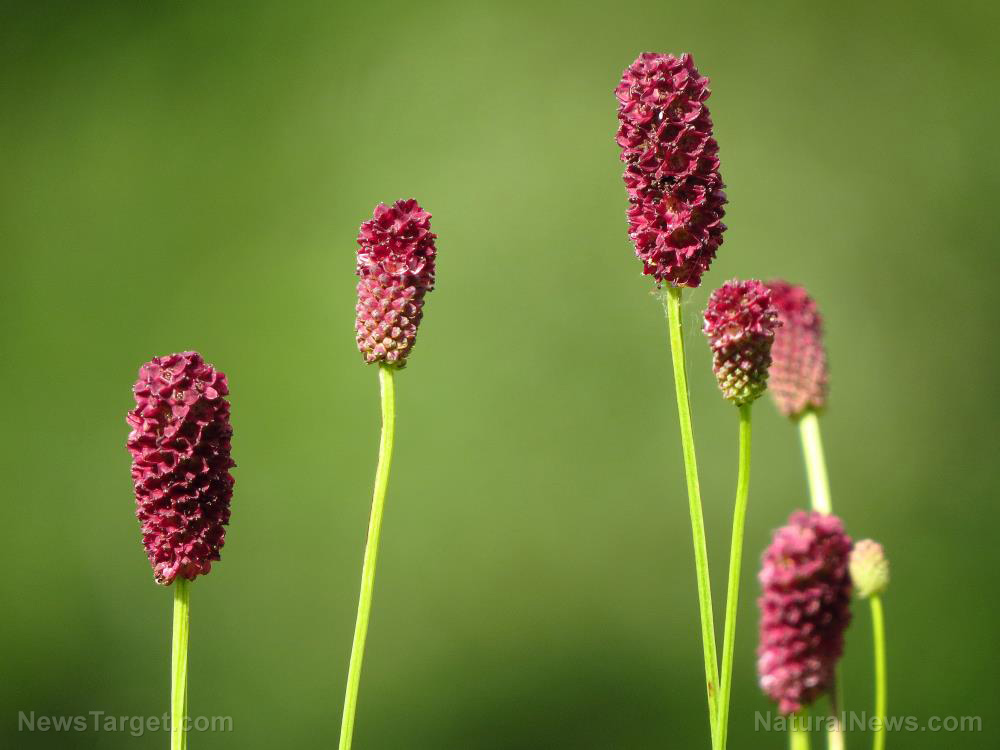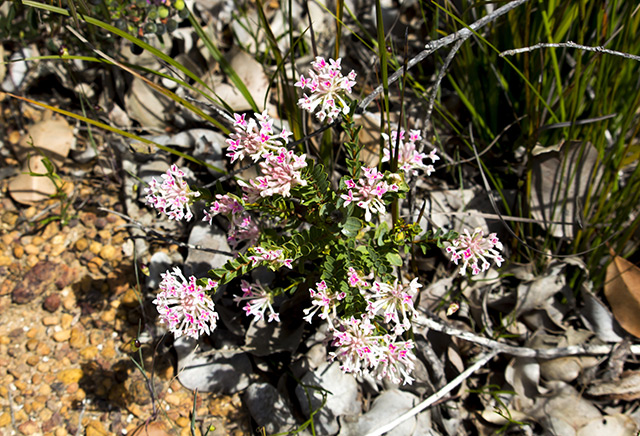Huang Qi prevents injury to the intestinal wall
10/24/2018 / By Ellaine Castillo
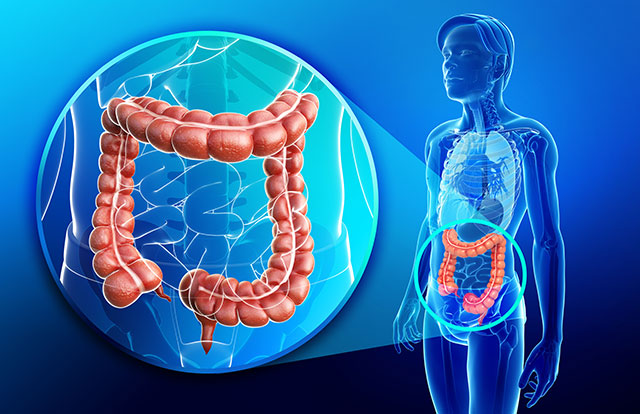
The body protects itself against infection in different ways. One of these ways is through the intestinal mucosa, which prevents pathogens from entering the blood. Some pathogens induce damage on the intestinal mucosa by promoting excessive inflammation. A group of researchers from Heilongjiang Bayi Agricultural University discovered that the traditional Chinese medicine Huang Qi (Astragalus membranaceus) protects the intestinal wall from injury by inhibiting inflammation. In their study, which was published in BMC Complementary and Alternative Medicine, the protective effects of Huang Qi were determined in mice with lipopolysaccharide-induced intestinal mucosal damage.
- Gram-negative bacteria have lipopolysaccharides in their cell wall that promote the production of pro-inflammatory cytokines. This leads to excessive systemic inflammation.
- Huang Qi is a medicinal herb that is widely used for its ability to protect the organs, reduce oxidative stress, improve blood sugar levels, and inhibit viral infections. Previous studies have shown that Huang Qi aids in repairing damaged tissues.
- For this study, the researchers evaluated the ability of Huang Qi to repair lipopolysaccharide-induced intestinal mucosal damage based on the presence of inflammatory cytokines and pathology of intestinal tissue.
Results of the study show that Huang Qi significantly reduces intestinal mucosa damage caused by lipopolysaccharides. Additionally, Huang Qi inhibits pro-inflammatory cytokine production, consequently promoting tissue repair.
Read the full text of the study at this link.
Learn more about how Huang Qi protects the intestinal walls from injury by visiting ChineseMedicine.news today.
Journal Reference:
Cui Y, Wang Q, Sun R, Guo L, Wang M, Jia J, Xu C, Wu R. ASTRAGALUS MEMBRANACEUS (FISCH.) BUNGE REPAIRS INTESTINAL MUCOSAL INJURY INDUCED BY LPS IN MICE. BMC Complementary and Alternative Medicine. 3 August 2018;18(230). DOI: 10.1186/s12906-018-2298-2
Tagged Under: anti-inflammatory, Astragalus membranaceus, cytokines, endotoxin, herbal medicine, huang qi, infection, inflammation, intestinal mucosa, intestinal mucosa damage, intestinal wall, intestines, lipopolysaccharide, lipopolysaccharide damage, milk vetch root, pro-inflammatory cytokines, protective barrier, tissue damage, tissue repair, traditional Chinese medicine
RECENT NEWS & ARTICLES
Herbs.News is a fact-based public education website published by Herbs News Features, LLC.
All content copyright © 2018 by Herbs News Features, LLC.
Contact Us with Tips or Corrections
All trademarks, registered trademarks and servicemarks mentioned on this site are the property of their respective owners.


